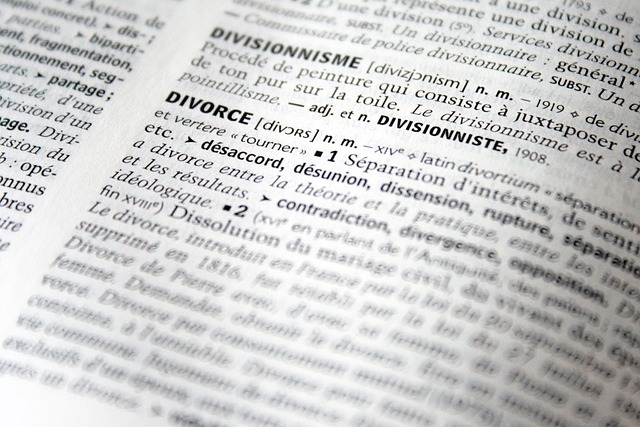RF Regulatory Agency investigations into co-ownership property disputes require strategic legal considerations. These inquiries, which may involve equipment scrutiny and on-site visits, aim to uphold RF standards. Understanding these processes is vital for corporations and individuals facing such disputes, especially complex cases with unique technological and regulatory aspects. Exploring amicable resolutions through mediation or arbitration, guided by experienced legal professionals, offers effective co-ownership property dispute solutions.
“RF Regulatory Agency Investigations delve into complex matters, especially in co-ownership property disputes. When regulatory bodies probe such conflicts, understanding their legal framework is paramount. This article explores the intricacies of these investigations, focusing on the unique challenges faced by co-owners. We dissect the legal options available, providing insights for those navigating these disputes. By examining case studies and expert analyses, we aim to equip readers with knowledge to advocate for their rights effectively.”
- Understanding RF Regulatory Agency Investigations
- Co-Ownership Property Dispute: Legal Framework
- Exploring Legal Options in Property Disputes
Understanding RF Regulatory Agency Investigations

RF Regulatory Agency Investigations are crucial processes aimed at ensuring compliance with radio frequency (RF) standards and regulations. These investigations can arise from a variety of situations, including co-ownership property disputes where legal options must be carefully considered. When a regulatory agency suspects non-compliance, they have the authority to conduct thorough inquiries, reviewing equipment, documentation, and even conducting on-site visits.
Understanding these investigations is essential for both corporate and individual clients navigating RF-related matters. A proven track record of successfully defending against such investigations – with an unprecedented history of winning challenging defense verdicts – can offer valuable peace of mind. This is especially true in complex cases where a comprehensive knowledge of RF technology, legal intricacies, and regulatory frameworks is vital to developing effective strategies and ensuring compliance going forward.
Co-Ownership Property Dispute: Legal Framework

In a co-ownership property dispute, understanding the legal framework is paramount. When two or more parties jointly own a property, resolving conflicts requires navigating specific legal options tailored to their situation. Across the country, various state laws govern co-ownership, each with its nuances and complexities. These disputes often arise from differing interpretations of ownership rights, financial contributions, or lack thereof, and control over the property’s management and use.
Achieving extraordinary results in such cases demands a strategic approach, especially when involving white collar defense strategies. Legal options may include mediation, arbitration, or litigation, each with its advantages and considerations. The goal is to find a resolution that respects individual rights while maintaining the integrity of the co-owned property, ensuring fairness across all parties involved.
Exploring Legal Options in Property Disputes

In the context of co-ownership property disputes, exploring legal options is a crucial step to resolve disagreements amicably or through formal channels. When individuals find themselves in such conflicts, understanding their rights and available avenues for justice becomes paramount. Seeking legal counsel from experienced professionals who specialize in real estate litigation can offer valuable insights into navigating these complex matters.
One alternative to resolve co-ownership disputes is through mediation or arbitration, which provides a more efficient and cost-effective approach compared to traditional jury trials. These alternatives allow parties to have a say in the process, fostering a sense of control while aiming for a mutually agreeable solution. Moreover, considering an unprecedented track record in white collar defense strategies, legal professionals can employ innovative tactics to protect their clients’ interests, ensuring fair outcomes in property-related legal battles.
RF Regulatory Agency investigations into co-ownership property disputes can be complex, but understanding the legal framework and exploring available options is key. By examining the specific circumstances of each case, individuals involved in such disputes can navigate the complexities effectively. While these investigations may seem daunting, recognizing the potential for resolving conflicts through legal avenues offers a promising path forward, especially when considering the various co-ownership property dispute legal options that exist.






